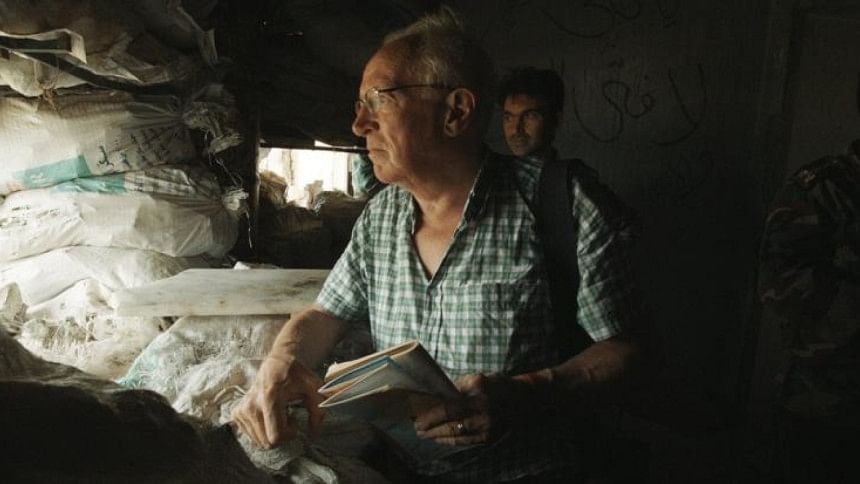Renowned British journalist Robert Fisk passes away

Veteran British journalist Robert Fisk has died of a suspected stroke at the age of 74, BBC reports.
The journalist and author was reportedly admitted to St Vincent's hospital in Dublin after becoming unwell on Friday.
Fisk was admitted to hospital after suffering a suspected stroke, according to a report in the Irish Times.
Described by the New York Times in 2005 as "probably the most famous foreign correspondent in Britain", Fisk won several honours for his coverage of the Middle East, according to The Guardian.
These included the Orwell prize for journalism and multiple wins at the British Press Awards.
Starting his career in the early 1970s at the Sunday Express, Fisk moved to the Times, where from 1972 to 1975 he was the paper's Belfast correspondent at the height of the Northern Ireland Troubles.
In 1976 he moved to Beirut where he began his career as a Middle East correspondent, covering the Lebanese civil war, the Iranian revolution, the Iran-Iraq war and the Soviet invasion of Afghanistan.
He resigned from the Times in 1989 after a dispute with the owner Rupert Murdoch and joined the Independent -- remaining their correspondent in the region until his death, covering major events such as Saddam Hussein's invasion of Kuwait and the recent wars in Syria.
A fluent Arabic speaker, he was among the few Western journalists to interview the al-Qaida leader, Osama bin Laden, which he did three times during the 1990s.
Known for his criticism of the US, following the September 11, 2001 attacks, he faced a backlash after asking what had motivated those who were responsible for the attacks.
Fisk also wrote books on Northern Ireland and the Middle East, including Pity the Nation: Lebanon at War and The Great War for Civilisation, in which he chronicled "the betrayals and treachery and deceit of Middle East history".

 For all latest news, follow The Daily Star's Google News channel.
For all latest news, follow The Daily Star's Google News channel. 



Comments